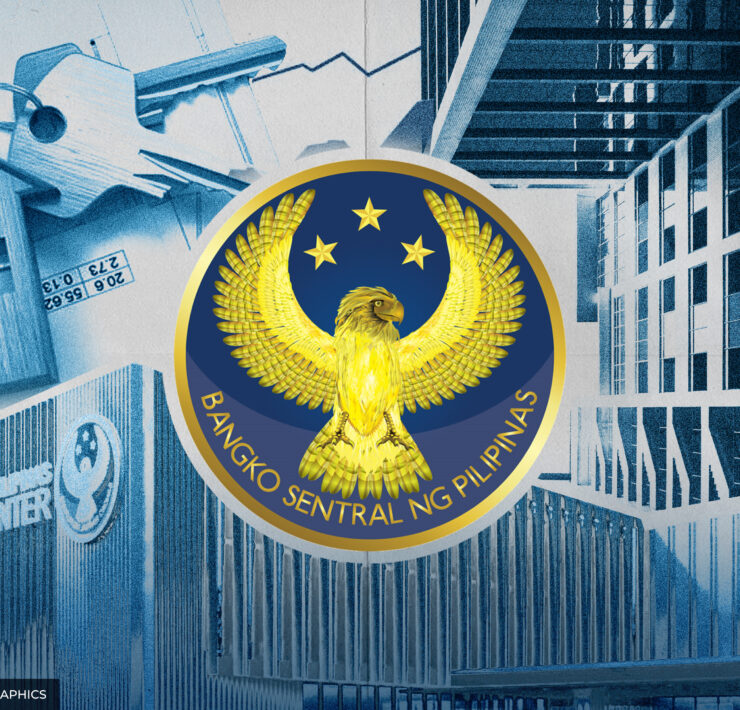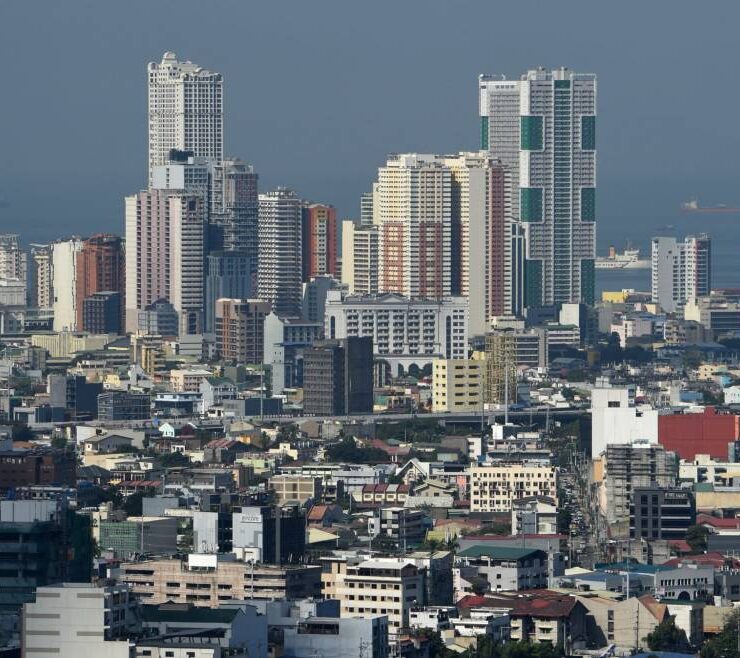Argentine markets jump on new measures to boost reserves

BUENOS AIRES — Argentina’s markets jumped on Tuesday after the government unveiled details on a broad package of economic measures aimed at boosting the country’s depleted foreign currency reserves.
Argentina’s benchmark stock index climbed more than 4.3 percent by close, with sovereign bonds up an average of 0.9 percent.
The new measures included clamping down on monetary issuance, easing rules on buying foreign currency in exchange for peso-denominated bonds, as well as a $2-billion repurchase agreement, or repo, to strengthen the central bank’s international reserves.
That’s key to a $20-billion program with major creditor the International Monetary Fund (IMF).
Argentina, the IMF’s biggest borrower, has to build up reserves as part of reviews linked to disbursements from the deal, but has been struggling to do so.
“We talk constantly with the Fund, and they’re very happy with how the program is working. It’s a goal (on reserves) that we intend to meet,” Economy Minister Luis Caputo said on Tuesday,.
He added, however, that the government would stick by its pledge not to buy dollars in local forex markets unless the local peso strengthened.
“Reserves can be accumulated in different ways,” he said.
Ahead of the first review of the deal, expected in the coming weeks, the central bank needs to add some $4.4 billion to its reserves.
Argentina’s risk spread over comparable US debt neared 700 basis points on Tuesday, about half where it stood a year ago.
Creditworthness
The government aims to bring that down to around 550 points as a step toward re-entering international credit markets.
The repo deal and others should help bring in foreign currency in the short-term at least.
“The measures seek to strengthen international reserves,” BancTrust & Co. said in a report. “At the same time, these reserve accumulation measures have been accompanied by specific adjustments to the monetary policy framework, aimed at strengthening disinflationary efforts.”
On Tuesday, the central bank repurchased all outstanding options, or puts, on peso-denominated treasury bonds held by local banks.
The contracts, offered under Milei and his predecessor to encourage banks to buy government debt, were for some 5.9 trillion pesos ($4.9 billion), costing the central bank around 23 billion pesos in premiums to buy back.
While the put options had not been exercised, the central bank said their elimination would remove potential liquidity risks, strengthen its balance sheet and improve predictability in inflation control.
Reuters, the news and media division of Thomson Reuters, is the world’s largest multimedia news provider, reaching billions of people worldwide every day. Reuters provides business, financial, national and international news to professionals via desktop terminals, the world's media organizations, industry events and directly to consumers.





















